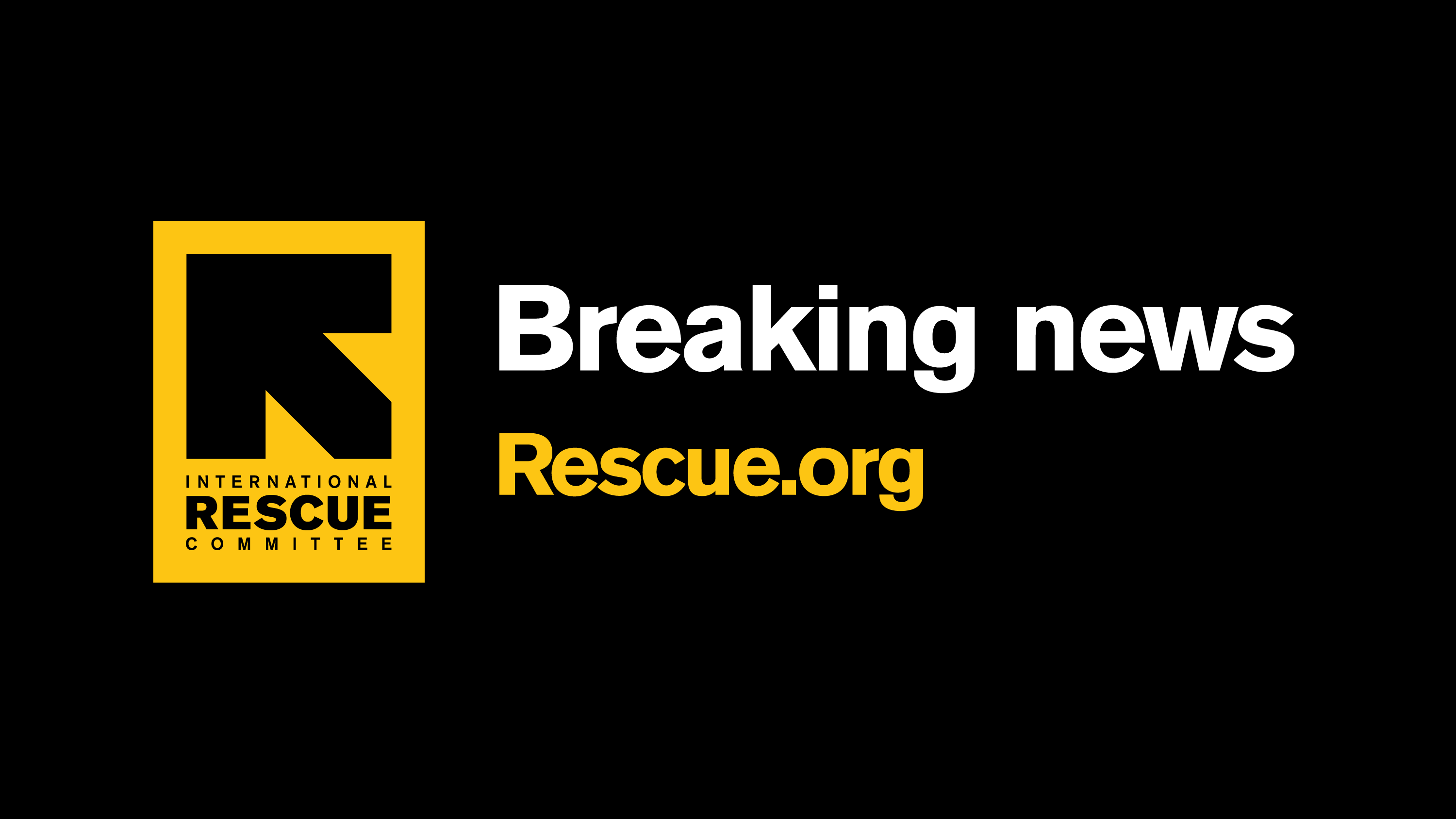[ad_1]
Amman, Jordan, February 10, 2023 — As the devastating impact of Monday’s earthquake becomes clearer across Türkiye and Syria, the International Rescue Committee (IRC) is warning of a public health breakdown in northwest Syria.
Significant damage to already overwhelmed health facilities and vital infrastructure such as roads and bridges, means that a health system already decimated following 12 years of conflict is now buckling under increased demand.
According to local authorities, more than 2,000 deaths and 5,000 injuries have been reported in the northwest of the country following the earthquake. With the number of injured expected to rise still further there are concerns that the area’s health system will simply not cope. Even before the earthquake a third of all hospitals and nearly a half of primary healthcare centres inside Syria were non-functional.
It is still unclear how many health facilities have been damaged in the disaster and to what extent. But with more than 2,000 buildings in northwest Syria reported to be completely destroyed, and many more severely damaged, the likely impact on the health system in-country is grave.
The Health Cluster reports that facilities are now running low on critical medical supplies such as serums, gauze bandages, painkillers, medical plasters and blood bags. With other urgent needs including fuel for generators and burial bags. At least 20 hospitals have registered a request for blood units following the disaster, while at least two hospitals are reportedly out of service in Idlib governorate, an area in which approximately 3 million people are thought to be directly affected by the earthquake.
Dr. Jasem, Health Coordinator for the IRC in Syria, says:
“’It has been devastating – the health care system was already struggling under the weight of more than twelve years of hostilities and multiple public health crises such as COVID, and more recently an outbreak of cholera. Over a decade of conflict has severely impacted the availability of a qualified health workforce, medical supplies, and services inside Syria. Often the services that do exist are unable to deal with the scale and kind of injuries we are now seeing. Many people don’t even have the means to access healthcare centers to get treatment due to damage to roads and buildings. The number who are sick will only get worse as those who have survived this disaster are left out in freezing temperatures due to destruction of their homes. Unless we get more funding, supplies and unrestricted humanitarian access urgently the results could be catastrophic.’
The IRC is launching an emergency response both directly and with our partners to support essential health care services, including hospitals, affected by the earthquake. We will assist in the rehabilitation of damaged health care facilities, and work to ensure that necessary medical supplies are secured during this critical time
[ad_2]
Source link


